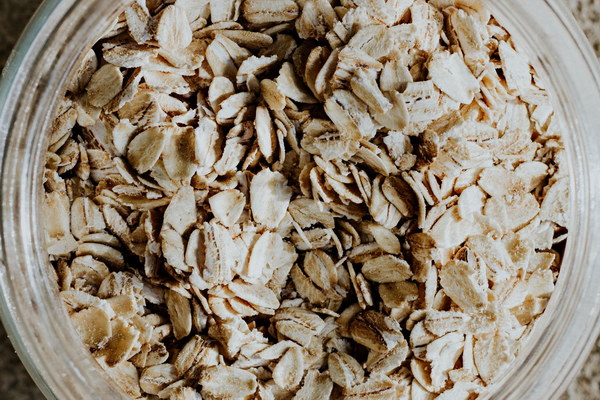Unlock the Power of Sleep How to Protect Your Liver at Night
Introduction:
The liver is one of the most vital organs in the human body, responsible for filtering toxins, producing bile, and storing nutrients. Maintaining a healthy liver is essential for overall well-being. One effective way to safeguard your liver is by optimizing your sleep schedule. This article will explore the optimal time for sleeping to protect your liver and provide tips for achieving a restful night's sleep.

The Importance of Sleep for Liver Health:
The liver performs numerous functions, and one of its primary tasks is to detoxify the body. During sleep, the liver intensifies its detoxification process, flushing out harmful substances and regenerating cells. Therefore, adequate sleep is crucial for maintaining liver health.
The Optimal Time for Sleep:
Research suggests that the best time to sleep for liver health is between 10 PM and 2 AM. This window is when the liver is most active in its detoxification process. During this period, the liver produces more growth hormone, which aids in cell regeneration and repair.
Tips for Protecting Your Liver at Night:
1. Establish a Consistent Sleep Schedule:
Maintaining a regular sleep schedule helps regulate your body's internal clock, ensuring that your liver can perform its detoxification process efficiently. Aim to go to bed and wake up at the same time every day, even on weekends.
2. Create a Sleep-Inducing Environment:
Make your bedroom a sanctuary for sleep. Keep the room dark, cool, and quiet. Use blackout curtains, earplugs, or white noise machines to minimize disturbances. Invest in a comfortable mattress and pillows to support a restful sleep.
3. Limit Exposure to Electronic Devices:
The blue light emitted by electronic devices can interfere with your sleep patterns and suppress the production of melatonin, a hormone that regulates sleep. Try to avoid screens for at least an hour before bedtime.
4. Avoid Caffeine and Alcohol:
Caffeine and alcohol can disrupt your sleep and strain your liver. Limit your intake of these substances, especially in the evening, to support optimal liver health.
5. Practice Relaxation Techniques:
Stress can negatively impact your liver health and sleep quality. Engage in relaxation techniques such as meditation, deep breathing exercises, or progressive muscle relaxation before bed to help unwind and improve sleep.
6. Eat a Healthy Diet:
A balanced diet rich in fruits, vegetables, whole grains, lean proteins, and healthy fats can support liver health. Avoid excessive intake of processed foods, fried foods, and sugary drinks, as these can contribute to liver damage.
7. Stay Hydrated:
Drinking enough water throughout the day, especially before bedtime, can help your liver function optimally. Aim for at least 8 cups of water daily.
Conclusion:
Sleep is a vital component of liver health, and optimizing your sleep schedule can significantly contribute to maintaining a healthy liver. By adhering to the optimal sleep time of 10 PM to 2 AM, practicing healthy sleep habits, and adopting a balanced lifestyle, you can safeguard your liver and promote overall well-being. Remember, a good night's sleep is not just a luxury; it is an essential tool for protecting your liver and enhancing your quality of life.









